This is the Program Archives for the Atlantic Business Transitions Forum.

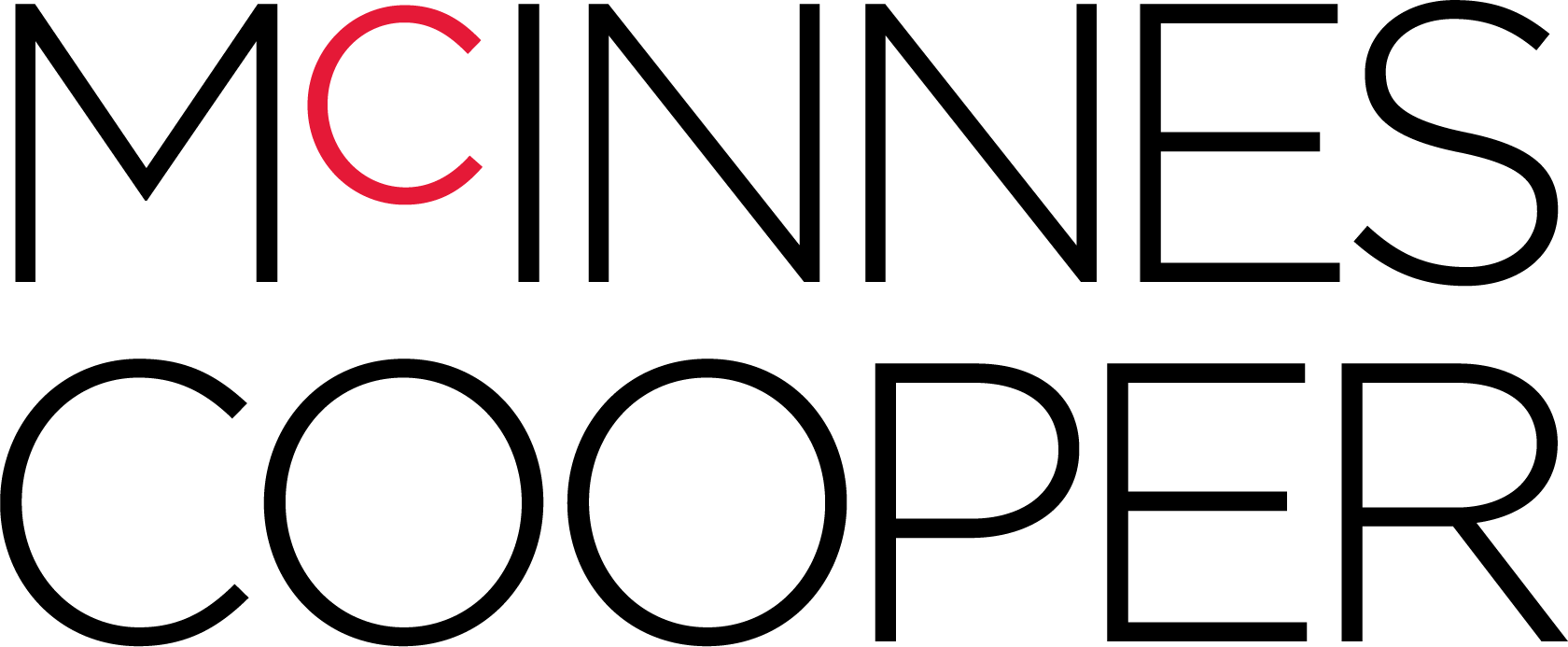
The decisions you make today will ultimately impact your business in the future. This session will provide insights into both a macro view of the economy, as well as cast a lens on regional and industry sector differences. What are the economic factors that will impact the next 12 months? You will walk away with:
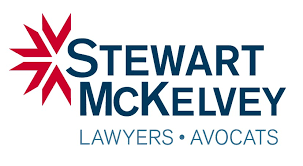
Whether the sale of your business is on the horizon or many years away, most experts agree that it can take years to optimally structure a company to increase the probability of a successful sale. Who’s to know if and when there may come a knock on your door? What exactly should you be doing now in order to get your business ready?
This session will provide you with an understanding of the extensiveness of the process and how much advanced planning is required so that you can build your own roadmap with exactly what you need for a successful transition.
In the relentless pursuit of your company’s growth, you constantly push the boundaries of what’s achievable, both personally and professionally. You’ve encountered setbacks, surmounted challenges, and reveled in the exhilarating highs of your entrepreneurial journey. Yet, have you considered the toll this journey takes on your well-being and how that directly affects your company’s performance?
This session will provide you with an exploration of the intricate relationship between personal sustainable high performance and the success of your business. Drawing from the unfiltered stories of high-growth entrepreneurs, insights drawn from athletes, and a top high performance medical professional you’ll gain a comprehensive perspective on the keys to enduring the tumultuous waves of entrepreneurship without losing yourself or compromising your vision of success. We will go deep into the realms of self-awareness, authenticity, biohacking, personalizing your optimization strategies, dealing with your ego, shifting your mindset, and the art of confronting one’s inner demons.
Key takeaways: To reshape your understanding of sustainable high performance and provide you with some tools to elevate your game across the varying seasons of your life and ensure you and your company thrive for the long haul. Elevate your performance, and in the process, elevate your business.
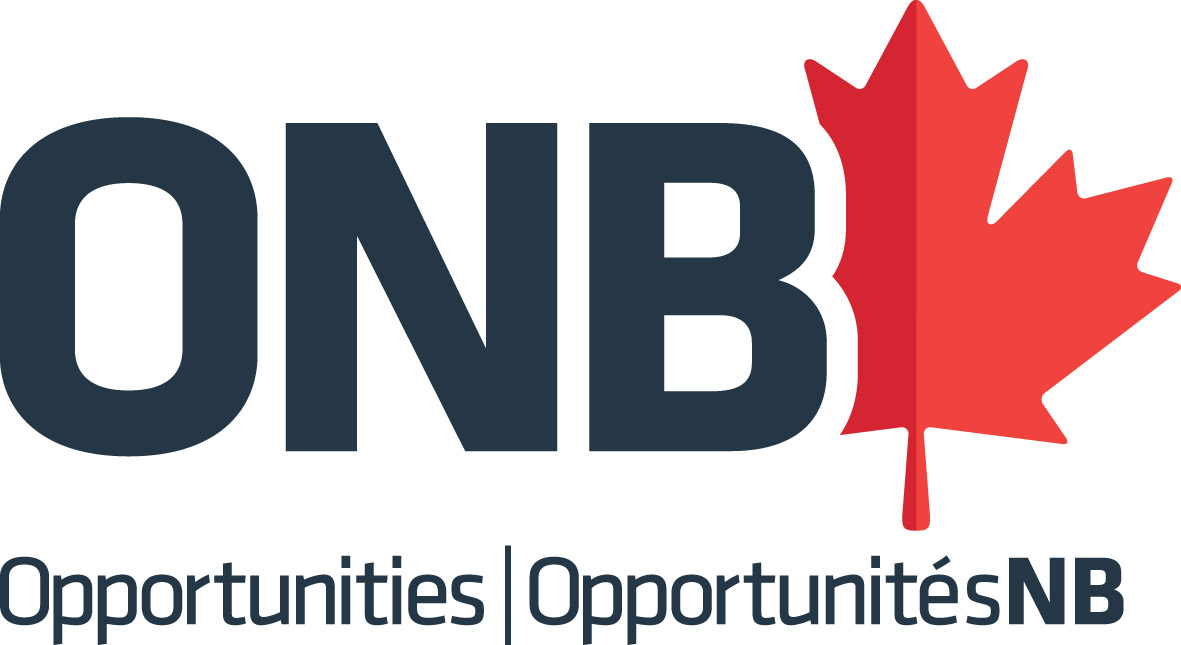
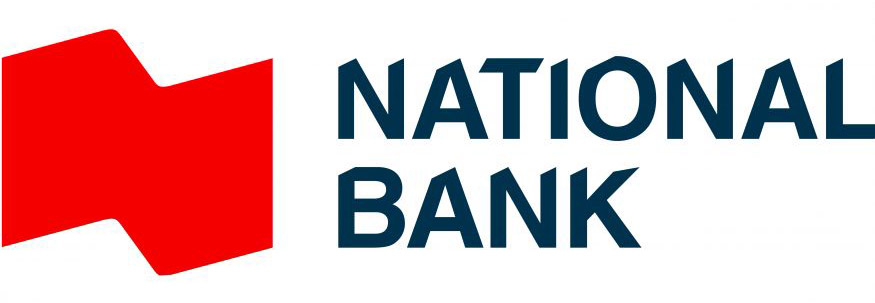
You’re contemplating ways to turn years of hard work into cash, but what are your options? Should you look to your senior management team as potential investors, assuming they are interested and able to invest in your business? Should you look outside your firm for strategic buyers? Could private equity, search funds or other entities provide liquidity opportunities? In this session, a panel of experts will help you learn what distinguishes different classes of buyers, depending on your size of business, and what other options you have to generate capital. The panel will address the pros and cons of various options that could allow you to take some chips off the table.

Considerations For Acquisitive Entrepreneurs
Implementing an outbound M&A strategy at your company is a high-value, high stakes game. How can you establish your M&A Mindset? The M&A processis intensive, with many steps – it can often take many months to identify acquisition targets, initiate and close transactions – all while you’re still operating your business. Learn how to operate and run your business while embedding process that will improve M&A outcomes.

The perfect time to start expanding your business was yesterday! The world of business is fast paced and understanding the best practices to scale yours is crucial.
How do you best diversify your offerings? What about strategies for amplifying your marketing efforts? Should you expand locations and, if so, when? Is it the right time to penetrate a new market? How do you know?
Join a panel of entrepreneurs who have exponentially grown their businesses as they arm you with top strategies for effective scaling while also helping you navigate the challenges of growth. You’ll walk away with immediately actionable tips to prepare your business for substantial growth – even amidst the uncertainties of a tightening economy!
In this panel discussion, you will:
You’ll leave this discussion with the confidence, practical strategies, and tools necessary to grow your business successfully.

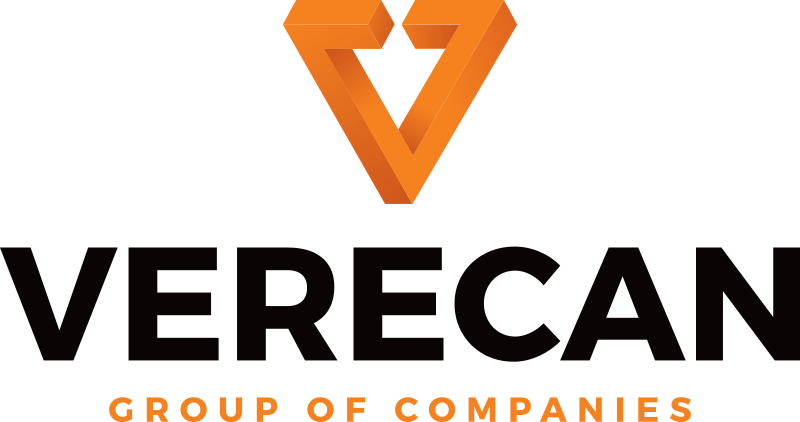
This session will focus on exploring the different types of potential buyers for your company and how you can increase the value of your business even before the negotiation process begins.
You will learn:

It’s time to figure out a strategy to sell your business but you’re not sure where to start. Do you hire an advisor or banker, and what are the pros and cons of different approaches? How do you best prepare for the process (e.g., getting a data room set up, gathering information, building a forecast model, preparing a pitch deck, aligning your senior executive etc.)? How do you find potential buyers or create a bidding process? What are the pros and cons of pursuing a strategic buyer versus financial buyer?
Long-term thinking about your business is an enormous endeavor, the process of a sale can throw that thinking into chaos. One of the most important elements that gets lost is what happens after the deal is signed. Having a post-closing plan to ensure that team, customers, vendors and operational systems are integrated into the new regime is essential so as not to disrupt the company’s performance and integrity.
Through an interactive discussion you’ll gain:

This keynote promises to provide a fresh perspective on the intricate dynamics of business transactions from the buyer’s side of the table. The art of buying a business is a complex dance of strategy, diligence, and foresight. Come with us and explore the fundamental differences in perspective between buyers and sellers, uncover what buyers are looking for and the learn about the challenges they strive to avoid (and look for).
Key Takeaways:
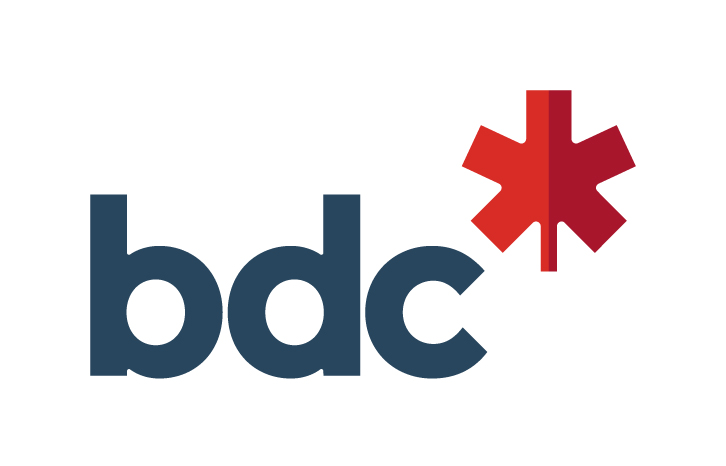
Hear from a panel of business owners who have gone through transition with their business and now have the opportunity to share their tales from the trenches. This panel will share insights on:
(add-on, half day workshop for entrepreneurs)
“How to Maximize The Selling Price of Your Business and Protect Yourself In The Process”
A not-to-be-missed educational workshop for business owners who are serious about maximizing the proceeds of an eventual sale.
In this two-part, half-day workshop we’ll take a deep dive into operational and financial engineering that can take years to execute – guaranteed to increase the value of your business and improve the probability of finding buyers when the time is right. We’ll show you which areas of your business buyers value most (and why), and explain how to manage personal and corporate risk.
(Only 50 seats available. Business owners only. Workshop is an additional charge.)
The secret to succession planning success is to be ready to sell, even if your business is not for sale. By being proactive, you’ll maximize the value of your business when the time, buyer and terms are right. Selling or otherwise exiting a business is, by far, the most complex transaction that most entrepreneurs will ever undertake. Detailed planning is instrumental and ideally begins long before any decision to sell. Starting your transition checklist is key to the end result.
Some general key points to include:
The successful sale of a business involves many moving parts, making it the largest and possibly most complicated transaction of your life. You can’t do this alone. You will need a team of professionals to help you successfully sell your company. The right team will get you the best price, terms and most importantly, ensure that the transaction closes.
After attending this workshop, you will understand what the ideal exit team looks like and how to select the best advisors for your business. You’ll also learn what your exit team will cost and how they’ll be paid.
While the idea of providing unfettered access to the confidential information pertaining to your business may sound scary, it is standard operating procedure when it comes to transitioning your business to an outsider. Learn about ways to maintain control of process without impeding success. While you may only go through the process with a buyer who you believe is qualified and fully committed to completion, many deals collapse at the due diligence stage. Buyers and their advisors will be on the lookout for red flags and trouble spots. This is your opportunity to learn about common “deal breakers” so that you and your advisors can prepare for them and maintain momentum during this crucial phase.